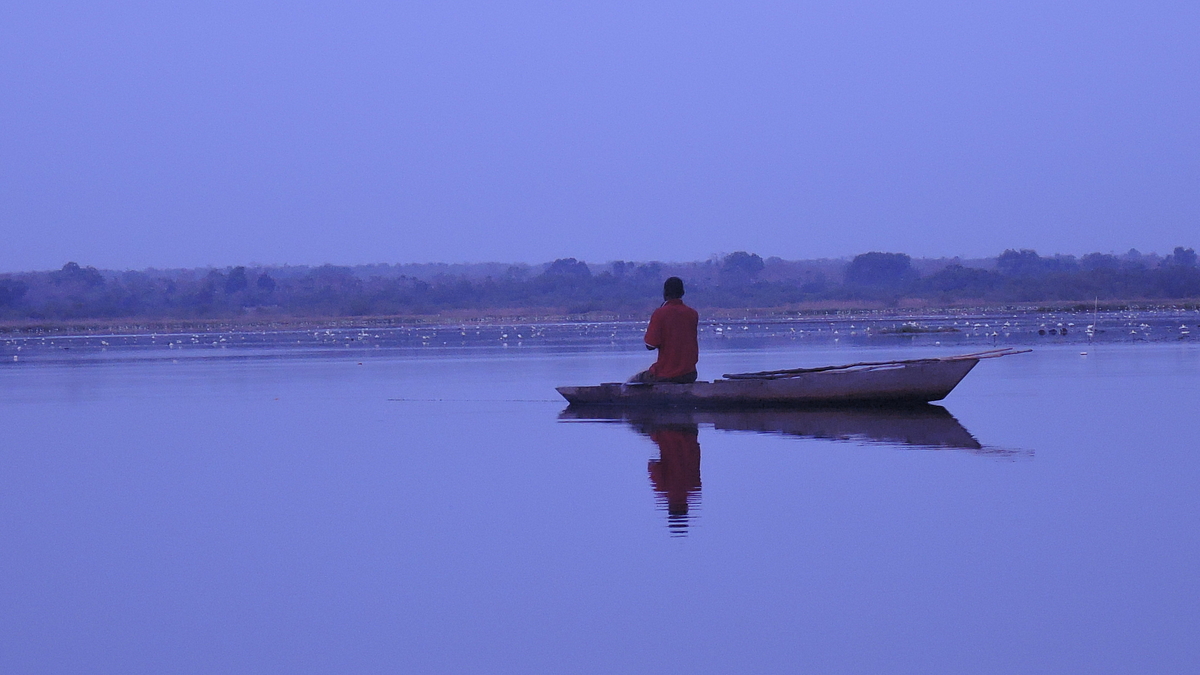Activities
Support of the African Peer Review Mechanism (APRM) Burkina Faso
The implementation of the national plan of action (NpoA) has not yet been undertaken in Burkina Faso. Therefore, sub-commissions are also yet to be established. The Hanns-Seidel-Foundation in Burkina Faso is assisting with the preparation of the commission and sub-commissions and the implementation of the NpoA. It has also been organizing workshops, training sessions and briefings on the APRM process to inform civil society about the APRM process. In addition, the Hanns-Seidel-Foundation organizes regional dialogue between the Burkina Faso Secretariat and the APRM Commissions/ Secretariats/ Governing Councils of Benin, Ghana, Togo and Mali. As these West African countries are at different stages of the APRM process, regional exchange allows for an enhancement of spill-over effects.
Regional Exchange between the Constitutional Courts of Benin, Burkina Faso, Mali, Niger and Togo and the Supreme Court of Ghana
After a visit of respected members of the Ghanaian Supreme Court and the Chief Justice to the Togolese Constitutional Court and its President, a return visit to Ghana was undertaken. These meetings, organized by the Hanns-Seidel-Foundation, were the first step to enhance regional dialogue between national judiciaries. The key topic prioritized was a debate about the resolution of electoral disputes. In reaction, the Chief Justice of Ghana announced the issuance of an official document on the matter, reflecting a wider impact on civil society. Taking this project further, the Hanns-Seidel-Foundation is planning a regional dialogue platform between experts of the judiciaries of Benin, Burkina Faso, Mali, Niger, Togo and Ghana, commencing in early 2012. The goal is that after thorough discussions on relevant subject areas, six are prioritized. Each country’s judiciary is then to develop one area further. Meetings are held regularly to exchange information and promote spill-over effects, as the understanding of each other’s judicial laws, regulations and practises is enhanced. This allows for the identification of best practises, while the adaption of such into one’s own system may be stimulated, thus benefiting each participating country’s civil society.
Workshops on Good Financial Governance in the District of Yako
The government of Burkina Faso had recently transferred responsibility to local governments as part of a decentralization strategy. This includes the collection of municipal taxes. Nonetheless, most local municipalities have difficulties understanding how this is to be managed in practise. The Hanns-Seidel-Foundation works together with the municipality of Yako, in order to teach officials and representatives of the community about budgetary management and financial good governance. This includes measures of transparency. Other socio-economic groups, including kiosk managers, tax collectors, college students and the municipal police, are also trained. The workshops are a reason for the community’s tax income increase by about 40-60 per cent. Furthermore, the community of Yako has managed to double its annual budget. Workshops about further decentralized budgetary topics and reforms on local community level are planned. The project will be expanded in 2012 to further communities in the Northern Region.
Trainings of Journalists
Based on the desire of the journalist network Reseau de l’Initiative des Journalistes (RIJ), with whom the Hanns-Seidel-Foundation had already worked from 2004 to 2006, educational workshops for journalists are being established. The goal is to provide interested individuals with the basic knowledge needed for a profession as a journalist. Furthermore, existing journalists will be able to obtain the newest technologies through the project. Additionally, work will be done to enhance investigative journalism through radio discussions about political and socio- economic topics.
Capacity Building workshops to Support Decentralization Programs
Together with the new partner Labo Citoyennete (LC), the Hanns-Seidel-Foundation is planning capacity building workshops to enhance regional and local municipality structures for on-going decentralization programmes. Members of justice and administrative ministries will be trained on transparent and citizen-friendly fiscal and budgetary matters. Together with those ministries, and with the support of scientific experts, concepts for the realization of good governance will be developed. The goal is to close the development gaps between rural and urban communities. This project has been delayed due to recent restructuring in the government of Burkina Faso, though it is expected to continue soon.

